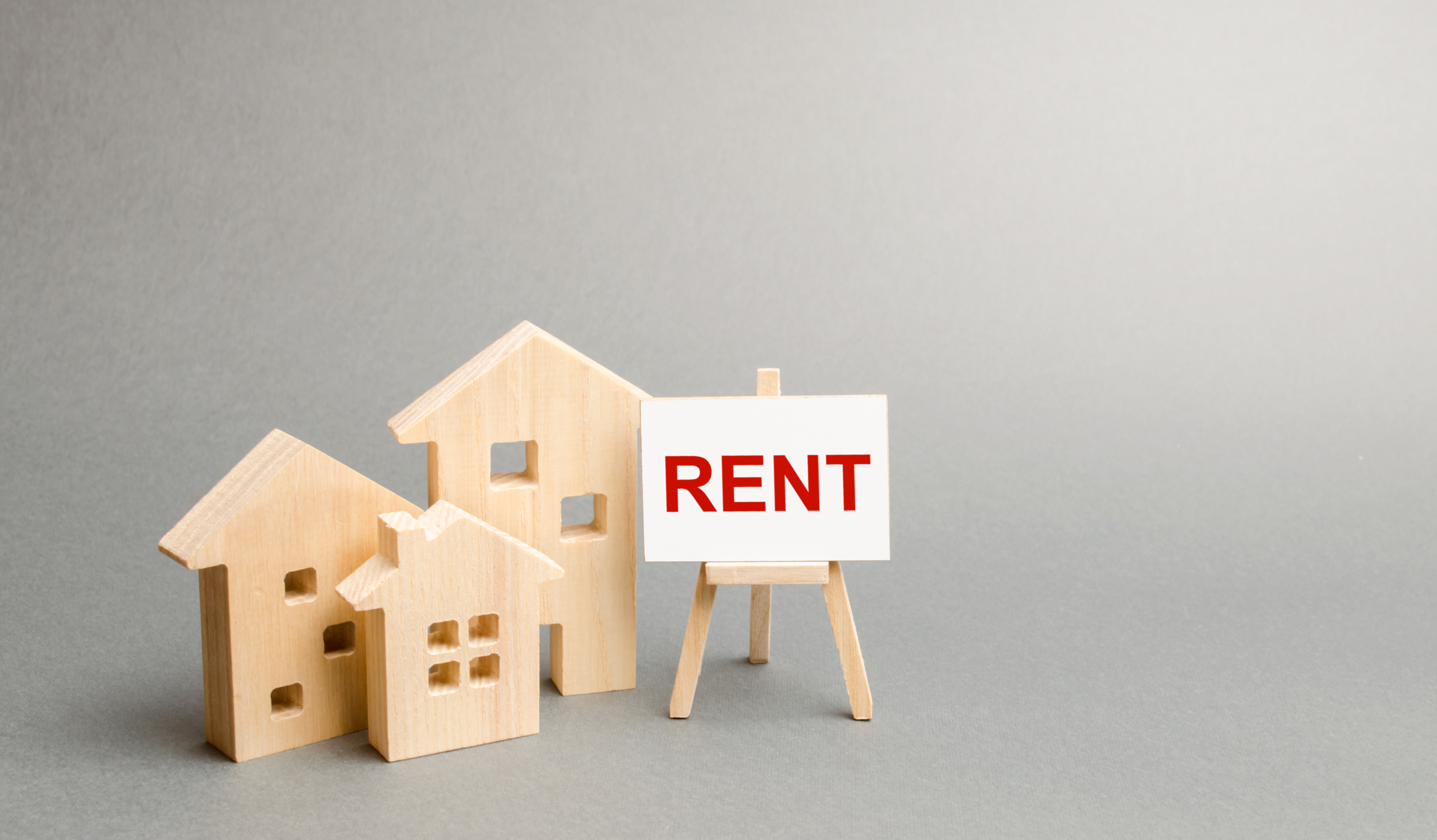
So, you’ve decided to relocate. Exciting, right? Moving to a new country opens doors to new cultures, fresh experiences, and opportunities. But renting in a new country can also be tricky if you don’t know what to watch out for. One wrong turn, a shady lease, hidden fees, or unexpected rules, and your dream apartment might become a headache.
If you’re an expat, international student, professional relocating, or first-time renter abroad, this guide will help you avoid common pitfalls and make smart rental decisions.
1. Not researching local rental laws & tenant rights
One of the biggest mistakes when renting in a new country is not understanding the rental process for expats: what rights you have as a tenant, what obligations, deposit rules, eviction laws, etc. Different countries have very different regulations.
How to avoid this:
- Before renting, check reliable government/official websites or expat forums for “tenant rights [Country]”
- Ask the landlord or agent for details like minimum notice period, landlord’s access rights, and lease termination conditions
2. Overlooking cultural differences in renting
Cultural norms, regarding what’s acceptable or not, vary significantly. In one country, landlords expect a lot of upfront information; in another, tenants need to follow strict rules about renovations, noise, or shared spaces.
Watch out for:
- Standard features (is furniture included? Are appliances modern?)
- Rules around visitors, pets, or even painting walls
- Local norms about rent payments (e.g. when, how, penalties)
This falls under international rental tips and helps you avoid surprises.
3. Skipping home search & inspection properly

It’s tempting to take the first “good enough” place you see, but if you’re relocating internationally, a lot can go wrong.
Don’t do this:
- Accept photos/virtual walkthroughs as full proof without visiting (if possible)
- Ignore structural issues: plumbing, insulation, moisture, pests, safety features
- Forget to check for utilities: internet, heating/cooling, water pressure
A strong expat housing checklist here can save you pain later.
4. Not reading the lease agreement carefully
The lease agreement mistakes abroad tend to cause prolonged issues. You sign, then realise there are hidden costs or obligations.
What to check:
- All charges: maintenance, service fees, deposit, pet fees, etc.
- Duration, renewal clause, and penalties for breaking the lease early
- Who is responsible for repairs & what does “reasonable wear and tear” mean
Make sure the agreement is in a language you fully understand. If needed, get it translated.
5. Ignoring utility, tax & extra cost implications
Rent might seem affordable, but utilities and extra costs can push the total up way more than you expect.
Consider:
- Electricity, gas, water, internet – who pays what? Flat rate or metered?
- Local taxes or housing levies applicable to rent or property
- One-time fees: key deposit, cleaning, maintenance
Placing these under rental advice for expats ensures you budget correctly.
6. Falling for rental scams abroad
Ah, the ugly side of looking for a place abroad. Scams are real. Especially when you’re new and maybe unfamiliar with standard practice.
Red flags:
- The landlord asks for the full rent up front before you see the place
- Rent is unbelievably low compared to similar listings
- The owner avoids a written lease or insists on payment via unusual channels
Partnering with a trusted relocation expert like Interem Relocations not only helps verify housing options but also ensures end-to-end support for your move. Always use written contracts.
7. Disregarding neighbourhood & commuting factors

Your home is as much about location as the building.
Things to check for:
- Safety of the neighbourhood
- Proximity to work, public transport, schools, and grocery stores
- Noise, pollution, day-to-day lifestyle (shops, nightlife, etc.)
A great question under “what to check before signing a rental agreement overseas”.
8. Forgetting the settling-in process & support
Even after you move in, there are things you might not plan for:
- Registering residency, local address
- Bank account, insurance, and internet setup
- Immigration formalities, if required
- Orientation & school search (if moving with family)
Interem Relocations provides settling-in services, school search, orientation and home search in many cases. Making use of those can help you avoid lots of small but stressful mistakes.
9. Not budgeting for relocation costs
Moving abroad costs more than just rent and a deposit. Costs can sneak up on you:
- Shipping/freight or air cargo for your personal goods
- Insurance for your belongings
- Travel, visa & immigration costs
- Temporary accommodation when moving in
If you’re using a relocation company (like Interem Relocations), ask for a comprehensive quote including all these; don’t assume everything is included.
10. Tips & Checklist for First-time Expats
Here is a concise checklist to avoid mistakes when renting abroad:
| Task | Why It Matters |
| Research tenant laws & rights | To protect yourself legally and avoid unfair clauses |
| Inspect in person or via a trusted agent | To ensure the place matches what you expect |
| Read the lease thoroughly | Avoid hidden costs, unfair obligations |
| Factor in utilities, taxes, and extra fees | Better budgeting and fewer surprises |
| Verify neighbourhood & commute options | Quality of life depends on location |
| Use trustworthy service providers | Helps avoid scams and logistical issues |
| Plan settling-in (school, registration, bank) | Smooth transition into your new life abroad |
| Estimate the full cost of relocation | To avoid financial stress down the road |
Making Your Move Stress-Free: Key Takeaways for Smart Renting Abroad
Renting abroad doesn’t have to be overwhelming. By following the dos and don’ts of renting overseas and avoiding common pitfalls, your international move can be one of the most fulfilling experiences of your life.
Remember: plan well, read carefully, use trusted resources, and don’t rush. Leveraging a professional relocation service like Interem Relocations ensures a smooth, safe, and stress-free transition, covering everything from home search to settling-in support.

